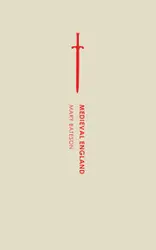My object has been to keep social rather than political facts in view, and throughout to supply by illustration from contemporary accounts some of the characteristic detail which is apt to be crowded out in political histories. The story of social evolution may fairly be called the national story. The political story brings to view the procession of great events, the social story the procession of dead ancestors who acted, howsoever humbly, their part in shaping those events. In political history we see the trophies borne along in the triumphal cars, and in social history the groups of ordinary men, women, and children who fill the carriages or stream along on foot. There is not one way, but rather there are many ways of telling a nation’s story: the growth of governmental institutions, fluctuations in territorial expansion, the spread of commerce, changes in foreign relations, the history of methods of thought, all make urgent claim to consideration. But not the least truthful measure of progress lies in those superficial indications of civilisation which are set aside as the province of social history. In the medieval Englishman’s domesticity there is an epitome of the life of the nation: English private life has its unity, its episodes and catastrophes, which reflect the shifting lights and shadows of the national story. The private history of kings and princes, nobility, clergy and commons, has become now, with the progress of historical study, a theme more easy of treatment than it was a while ago. Changes in the social relations of the classes of men can now be traced, changes that have had their part in shaping the story of a nation, no less than the evolution of the agencies of government, the historic series of victories and defeats, gains and losses of territory, the happy or the luckless political chance, the fateful power of the point of time. A history of medieval civilisation that gives a hurried sequence of events is like a novel which never shows the characters save under the stress of conspiring fate, creatures not mortal because they never sleep or eat. It was certainly not rapidity in the movement of life which gives the English Middle Ages their peculiar colour. – Mary Bateson
Medieval England
Tietoa kirjasta
My object has been to keep social rather than political facts in view, and throughout to supply by illustration from contemporary accounts some of the characteristic detail which is apt to be crowded out in political histories. The story of social evolution may fairly be called the national story. The political story brings to view the procession of great events, the social story the procession of dead ancestors who acted, howsoever humbly, their part in shaping those events. In political history we see the trophies borne along in the triumphal cars, and in social history the groups of ordinary men, women, and children who fill the carriages or stream along on foot. There is not one way, but rather there are many ways of telling a nation’s story: the growth of governmental institutions, fluctuations in territorial expansion, the spread of commerce, changes in foreign relations, the history of methods of thought, all make urgent claim to consideration. But not the least truthful measure of progress lies in those superficial indications of civilisation which are set aside as the province of social history. In the medieval Englishman’s domesticity there is an epitome of the life of the nation: English private life has its unity, its episodes and catastrophes, which reflect the shifting lights and shadows of the national story. The private history of kings and princes, nobility, clergy and commons, has become now, with the progress of historical study, a theme more easy of treatment than it was a while ago. Changes in the social relations of the classes of men can now be traced, changes that have had their part in shaping the story of a nation, no less than the evolution of the agencies of government, the historic series of victories and defeats, gains and losses of territory, the happy or the luckless political chance, the fateful power of the point of time. A history of medieval civilisation that gives a hurried sequence of events is like a novel which never shows the characters save under the stress of conspiring fate, creatures not mortal because they never sleep or eat. It was certainly not rapidity in the movement of life which gives the English Middle Ages their peculiar colour. – Mary Bateson
Aloita tämä kirja jo tänään, hintaan 0€
- Kokeilujakson aikana käytössäsi on kaikki sovelluksen kirjat
- Ei sitoumusta, voit perua milloin vain
Kirjailija:
Kieli:
englanti
Muoto:

Finis Britanniae : A Military History of Late Roman Britain and the Saxon Conquest

Sovereign of a Free People : Abraham Lincoln, Majority Rule, and Slavery

The History of Medieval Monarchy in England (449 to 1485) : From the Departure of Romans to Richard III
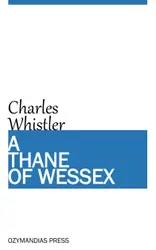
A Thane of Wessex

The Anglo-Saxon World
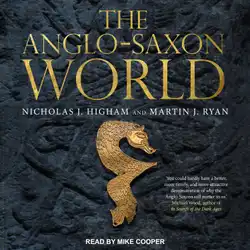
The Anglo-Saxon World
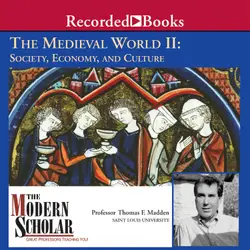
The Medieval World II
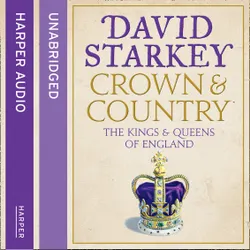
Crown and Country : A History of England through the Monarchy

Mysteries of the Far North : The Secret History of the Vikings in Greenland and North America

Medical Downfall of the Tudors : Sex, Reproduction & Succession

Mistress Anne

English History : A Concise Overview of the History of England from Start to End


